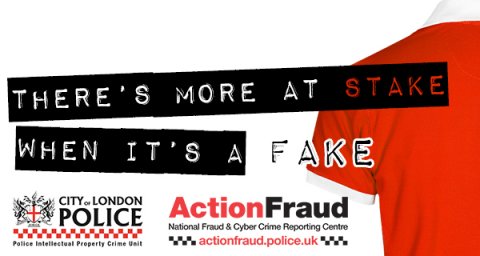Scammers are buying second-hand laptops to carry out identity crime using personal information the previous owners believed had been “wiped” clean.

The investigation carried out by The Sun with the help of security firm Kaspersky Lab revealed that fraudsters can retrieve passwords, bank statements, email accounts and bank logins from victims from old computers they believed had all the data deleted from them.
The investigators bought three second-hand computers, each of which had been “formatted” and asked the cybersecurity experts at Kaspersky Lab to retrieve the information off them.
From one hard drive, researchers restored 117 usernames and passwords for sites and email accounts. They also located pictures, videos and messages, both from the computers and from phones which had been backed up to them.
Gold dust for fraudsters
Tony Neate from Get Safe Online said: “This information would be like gold dust to a fraudster, formatting a computer is like ripping out the contents page of a book — all the chapters are still there, it’s just harder to find.
“If you want to be totally sure that no one can get anything off your hard drive, the best thing to do is take it out of the computer before you sell it on and smash it to pieces.”
I thought it would have been gone for good
From one 28 year old victim who lives in Exeter, the cybersecurity experts managed to extract bank statements, eBay log-in details, a p60 statement, social media/email passwords and a scanned copy of his passport from his Toshiba laptop.
The victim said: “It’s really worrying to think that all that information can be got back. I thought it would be gone for good once I’d wiped it. With bank statements and a passport it’d be so easy for someone to steal my identity. And there’s even more information about me in my private texts and emails.”
Kaspersky Lab’s top tips for staying safe
- To protect your confidential data on any device if selling it on, it must be fully wiped, not just the standard quick “format” option. With laptops and other mobile devices this can usually be achieved by selecting the “Restore to Factory Defaults” option.
- If you are selling a smartphone, also erase and format the SD card if included in the sale.
- Even if you are not selling your laptop, you should encrypt your data to protect it from being retrieved if the device is lost. Ensure you use Full Disk Encryption.
- If you have to store financial data on a laptop, password-protect the file for added security.
- Use password protection, authentication, PINs and pattern locks.
- Users should change all their passwords when they start using a new device.
Our ongoing Not With My Name campaign revealed that more than one in four of us living in the UK has fallen victim to an identity crime, losing on average £1,200 each. The knock-on effects can also be huge, causing massive personal distress and inconvenience and taking up to 200 hours of a persons’ or businesses’ time to fix. Follow out top tips to keep your identity safe.
For further information please visit The Sun website.
Please note that Action Fraud is not responsible for the content of external websites.
To report a fraud and receive a police crime reference number, call Action Fraud on 0300 123 2040 or use our online fraud reporting tool.
You can now also sign up for free to Action Fraud Alert to receive direct, verified, accurate information about scams and fraud in your area by email, recorded voice and text message.



